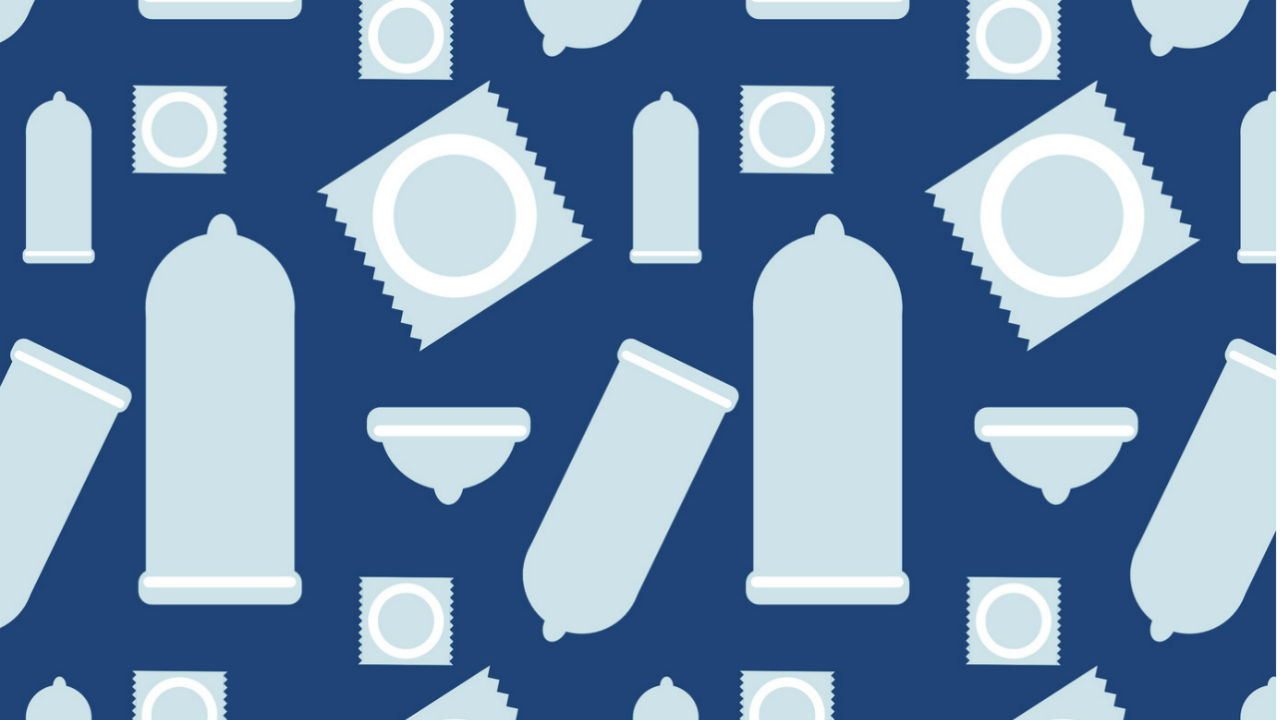 Photo: Getty Images
Photo: Getty Images
Shame is something that has long been associated with having a sexually transmitted infection. Previously referred to as sexually transmitted diseases, the medical community recognized that these were actually the transmission of bacteria or viruses, which were not diseases unto themselves but which would result in various diseases. Despite the name change, this has not lessened the guilt and shame people experience.
Society has long expressed its negative views relating to what is seen as unacceptable sexual behavior. The book "The Scarlet Letter" was written over a century ago - the story of a woman who became pregnant out of wedlock. She was forced to wear the scarlet letter “A” on her chest as a sign of her adulterous behavior.
While something so physically evident would not occur today, psychologically the same message is conveyed to those with STI’s. As an author I have spoken to hundreds of women dealing with both the physical and emotional ramifications of these infections. It is my opinion that the major reason for the negative connotation is the connection to the word promiscuous.
Unfortunately, this stems mainly from the ignorance of others. Virtually any STI can be contracted from being with just one person and in many cases, such as that with HPV (human papillomavirus) skin-to-skin contact is sufficient to contract the virus. Obviously the more partners you are with, the more likely you are to expose yourself to one of a myriad of sexually transmitted infections which exist but it doesn’t have to be the case.
Despite changing morals beginning with the sexual revolution of the 70’s, religion still frowns upon sexual involvement prior to marriage and while having a child without being married has become more common it does not appear to have become more acceptable. Modern research points to the importance of a two parent family and the negative effects on society of those raised in these single parent families.
According to Adina Nack, author of “Damaged Goods - Women Living With Incurable Sexually Transmitted Diseases” most women believed they were invincible until they received their diagnosis. She also pointed out the lack of adequate sex education in schools and physicians ineptitude when it comes to helping patients deal with the ramifications of these infections and what it means to the sense of self.
Society’s view of this topic will only change with time and adequate education. Unfortunately this is something which is unlikely to change any time soon. In the meantime, women need to attempt to connect with others in the same situation and begin to understand that they are not alone. Many online forums exist today which allow for these types of interaction and begin to help women heal from the psychological damage which so often accompanies a sexually transmitted disease, especially one that is incurable.
Nack, Adina. “Damaged Goods - Women Living With Incurable Sexually Transmitted Diseases” Templeton University Press, Philadelphia, 2008.
Diraimondo, Bonnie. “Any Mother’s Daughter - One Woman’s Lifelong Struggle With HPV”, AuthorHouse Books, 2009
http://www.ncbi.nlm.nih.gov/pubmed/17098767
Reviewed July 13, 2011
by Michele Blacksberg R.N.
Edited by Alison Stanton






Add a Comment2 Comments
A look at what has always been around us and is common to all societies.The question that comes to my mind is that why did the author express these views in 2011 , we are the cyberworld , right ! Every thing is anonymous on this big wide web .You can reach out to any one from your hand held phone.The authors fears are troublesome indeed.
July 14, 2011 - 8:25amThis Comment
I fail to understand this comment. This attitude was common when AIDS was initially discovered but education of the public has, for the most part changed the ostracizing behavior they previously experienced. Just because something has always been that way doesn't mean it should stay that way otherwise we wouldn't have our hand held devices and would still be watching only 9 TV channels. The fact that everything is anonymous and you can reach out to others via an iPhone - what about it? How does that address the issue and what fears are just so troublesome? Unfortunatley the "cyberworld" hasn't been very effective in educating people, esecially women about the risks of HPV most of whom have never heard of it but which one out of two will have. It has no symptoms yet can result in six differnt cancers. All that is required for transmission is skin to skn contact and even transmission through kissing is now a concern. 80% of sexually active individuals will have and HPV infection before they reach age 50. What is troublesome is that this individual apparently finds this kind of descrimination just fine.
July 14, 2011 - 9:12amThis Comment